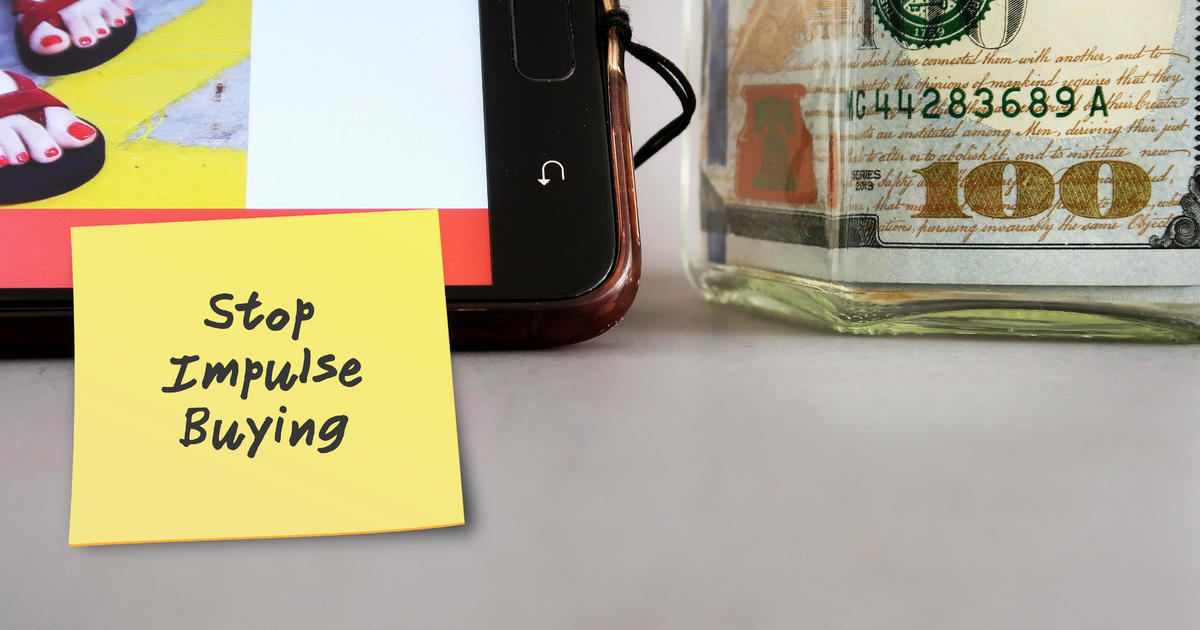 Reference: See here
Reference: See hereIn The News:
Americans are choking on surging fast-food prices. "I can't justify the expense," one customer says - CBS...Kevin Roberts remembers when he could get a bacon cheeseburger, fries and a drink from Five Guys for $10. But that was years ago. When the Virginia high school teacher recently visited the fast-food chain, the food alone without a beverage cost double that amount.
Roberts, 38, now only gets fast food "as a rare treat," he told CBS MoneyWatch. "Nothing has made me cook at home more than fast-food prices."
Roberts is hardly alone. Many consumers are expressing frustration at the surge in fast-food prices, which are starting to scare off budget-conscious customers.
A January poll by consulting firm Revenue Management Solutions found that about 25% of people who make under $50,000 were cutting back on fast food, pointing to cost as a concern.
The sneaky tricks chain stores use to make YOU spend more money | Daily Mail Online
Other examples might be a 'limited-time deals' or promises of bigger savings or free shipping for hitting spending thresholds.
Deals offered by many retailers can only be claimed by spending money - and that can sometimes lead to bigger problems as shoppers take on credit card debt to finance .
'We are just constantly spending more than we can afford and then we experience stress related to our financial health,' said Klontz.
"I understand the appeal of getting to checkout and a notification pops up saying spend $10 more to get some perk," LendingTree senior economist Jacob Channel told CBS MoneyWatch. "But 90% of the time, when you break it down, it doesn't make sense. You're not actually saving money if you are spending more of it."
A number of common marketing offers dangle the lure of savings ⁘ provided that you splash enough cash. They include:
If these tactics sound familiar, it's because they're widely used by a range of retailers, from grocery chains to clothing stores, noted Bankrate personal finance expert Ted Rossman.
To be sure, there's nothing illegal or even especially underhanded about such offers ⁘ merchants are in the business of making money, after all, while consumers bear some responsibility for determining if a deal is worthwhile.
By the same token, it's also on shoppers to be alert to sales gimmicks that subtly nudge them to overspend.
"Retailers have always known this trick, and they're really good at what they do," personal finance expert Rachel Cruze told CBS MoneyWatch. "They know that if we put a sale on or offer free shipping if you spend 'X' amount, you'll spend more money. Psychologically, they're good at knowing how to entice people."
But why do consumers fall into the trap of spending more in the name of saving? Part of it often comes to FOMO, or the fear of missing out, on a limited-time sale or other purported bargain, money coach Nicole Victoria told CBS MoneyWatch.
"It's about loss-aversion, or the perception of loss," she told CBS MoneyWatch. "You feel like you're losing money by paying for shipping, and you've invested time and resources into filling up your shopping cart, so you'd rather gain something more."
No comments:
Post a Comment